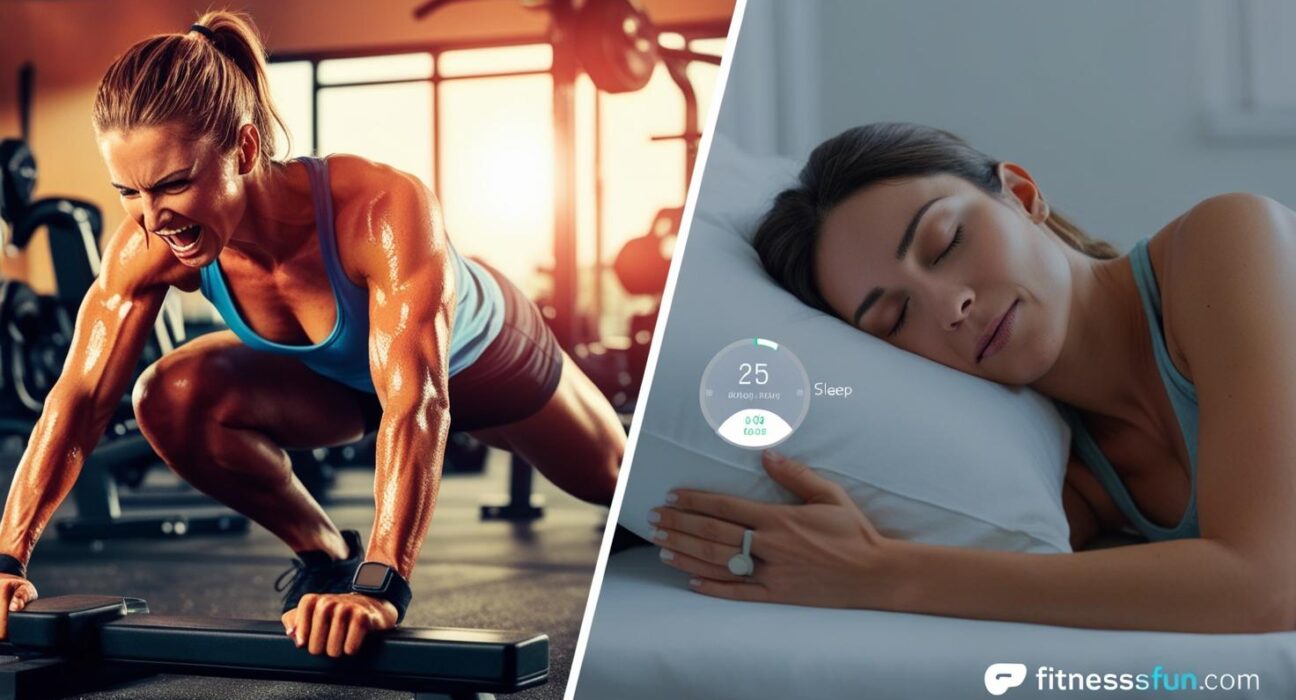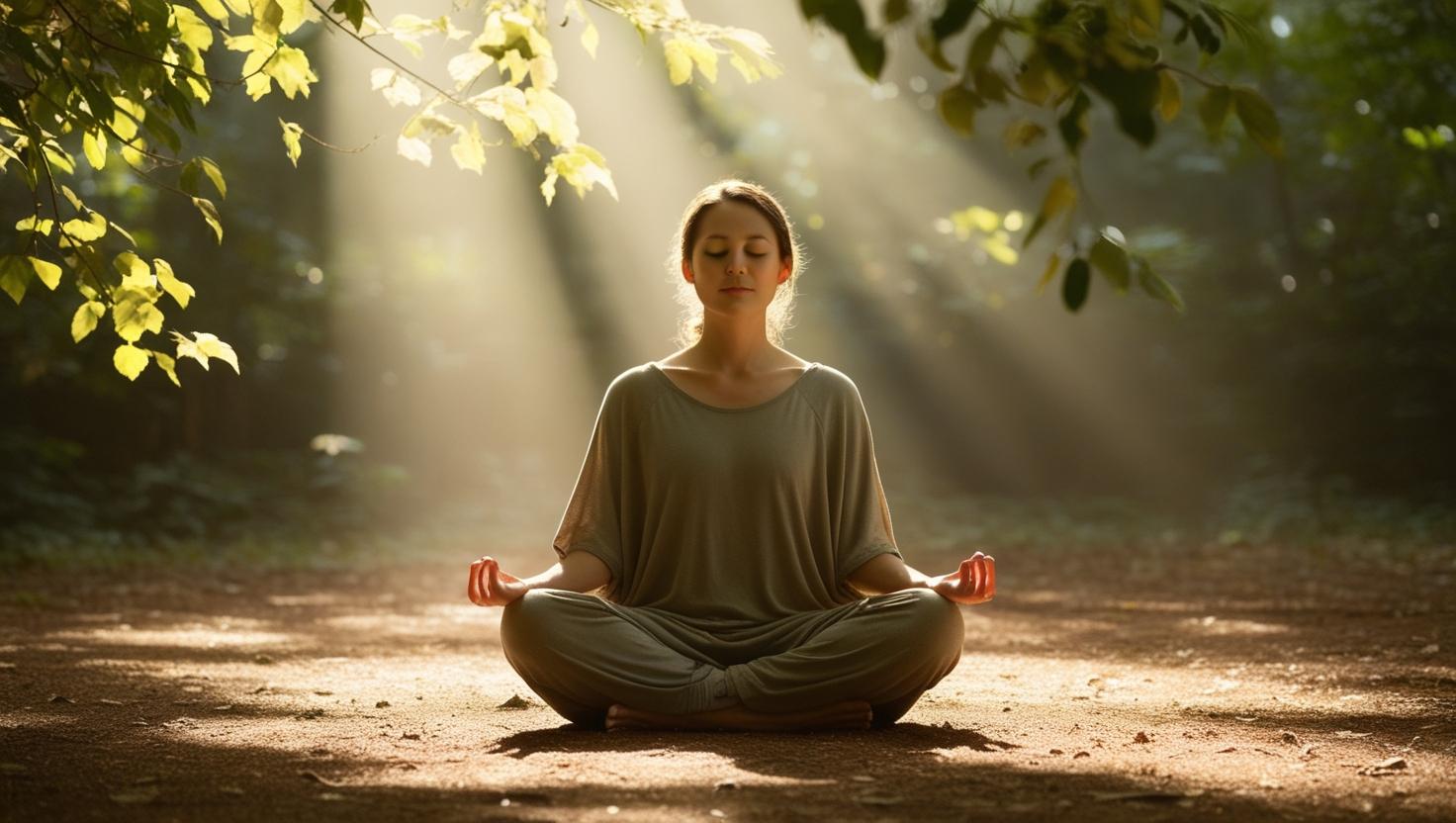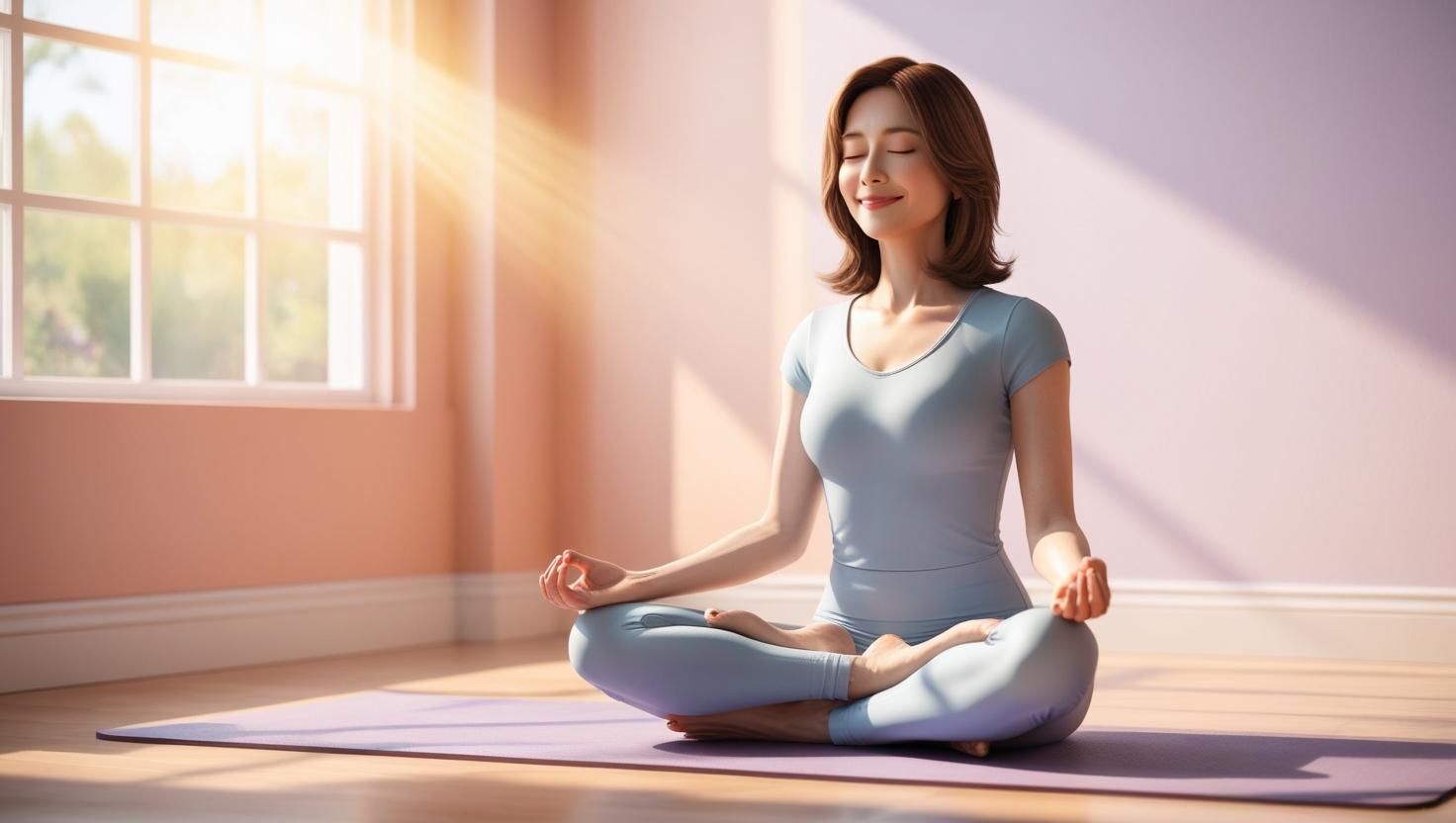Sweating More? You Might Sleep Better—Here’s Why
If you’ve ever passed out like a rock after a good workout, you’re not alone. But there’s more to this than just post-gym exhaustion. Exercise and sleep are deeply connected—and understanding this link can change your physical and mental game forever.
Let’s break it down.
Why This Article Matters
You’re trying to sleep better. Or train harder. Or both. But you’re missing one key detail: you can’t optimize one without the other. This article shows how sweating smart can lead to deeper sleep, faster recovery, and better mood—and vice versa.
You’ll walk away with science-backed insights, real-life hacks, and a plan you can apply starting tonight.
How Exercise Improves Sleep (Backed by Data)

1. Faster Sleep Onset
A 2013 study in Sleep Medicine Reviews found that moderate-intensity aerobic exercise reduces the time it takes to fall asleep. Think walking, jogging, or cycling for 30–60 minutes. Your nervous system winds down post-exercise, making it easier to slip into slumber.
2. Longer Deep Sleep
Exercise boosts slow-wave sleep—the restorative stage where your body repairs muscles and strengthens memory. Weight training? HIIT? Both increase deep sleep quality, especially when done consistently.
3. Reduced Insomnia and Sleep Disorders
A meta-analysis in 2015 showed that regular physical activity improves sleep efficiency and total sleep time, even in people with chronic insomnia. The body craves balance—and exercise helps regulate your sleep-wake cycle (circadian rhythm).
But Here’s the Catch…
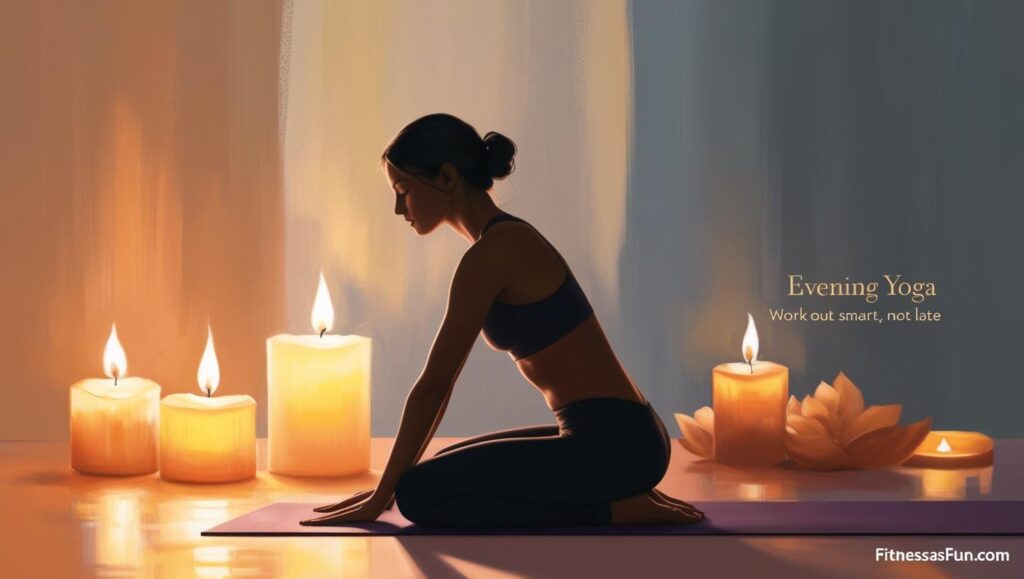
Timing matters.
- Morning or early afternoon workouts boost melatonin release at night.
- Late-evening intense sessions (especially HIIT or heavy lifts) may spike cortisol and body temperature, delaying sleep.
If you can’t train earlier, opt for yoga, walking, or light resistance in the evening.
How Sleep Affects Workout Performance
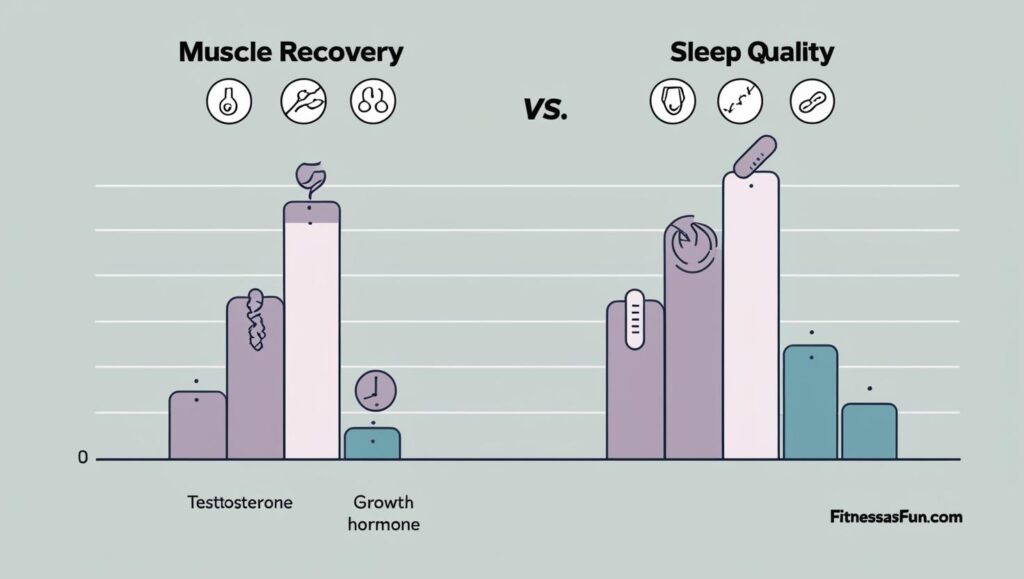
You can’t train hard on empty sleep. Poor sleep means:
- Decreased reaction time
- Reduced strength output
- Slower muscle recovery
- Lower testosterone and growth hormone levels
A Stanford study on athletes found that extending sleep to 9+ hours led to improved sprint times, mood, and endurance.
Translation: No sleep, no gains.
My Story
I used to hit the gym at 9 p.m. and wonder why I was tossing at 1 a.m. My recovery sucked, progress stalled, and I lived on caffeine.
Once I moved my workouts to 7 a.m. and tracked my sleep with a wearable, everything changed. More energy. Better mood. Real muscle gains. No guesswork—just strategy.
This isn’t a theory. It’s lived experience.
Action Plan: Sweat Smart, Sleep Deep
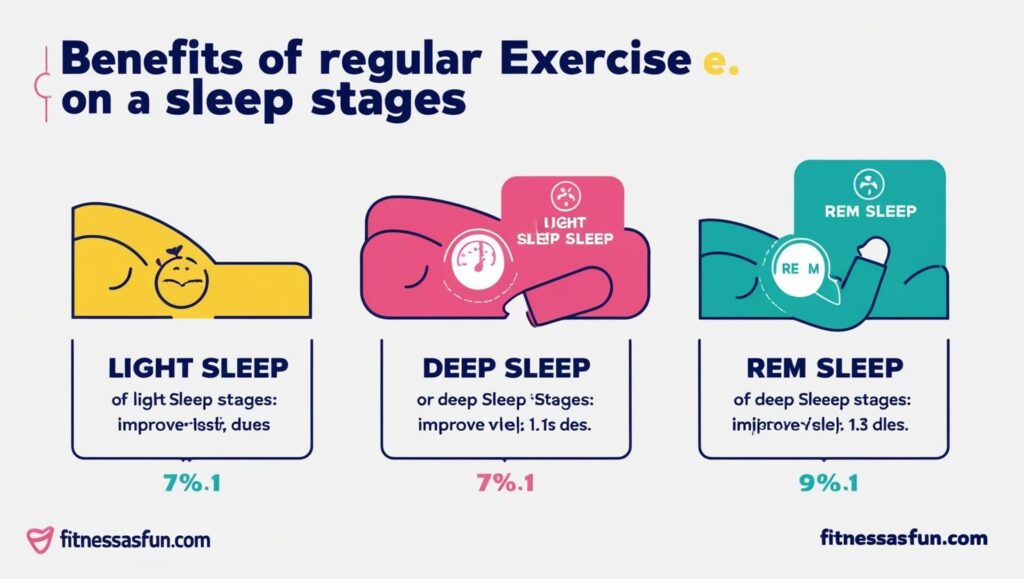
- Train earlier in the day – Aim for sessions before 6 p.m.
- Move daily, even lightly – Walks, yoga, or stretching count.
- Track your sleep – Use a basic app or wearable to get feedback.
- Avoid caffeine post-2 p.m. – It lingers and ruins REM.
- Prioritize a wind-down routine – Stretch, read, dim lights.
Bonus: Try contrast showers post-workout—they accelerate recovery and promote deeper sleep.
❓ FAQ
Q: What’s the best time to work out for sleep quality?
A: Morning or early afternoon—ideally before 6 p.m.
Q: Does weight training help with sleep or just cardio?
A: Both help. Cardio reduces anxiety; lifting boosts deep sleep recovery.
Q: Can poor sleep kill workout progress?
A: Yes. It blunts muscle growth, increases injury risk, and kills motivation.


